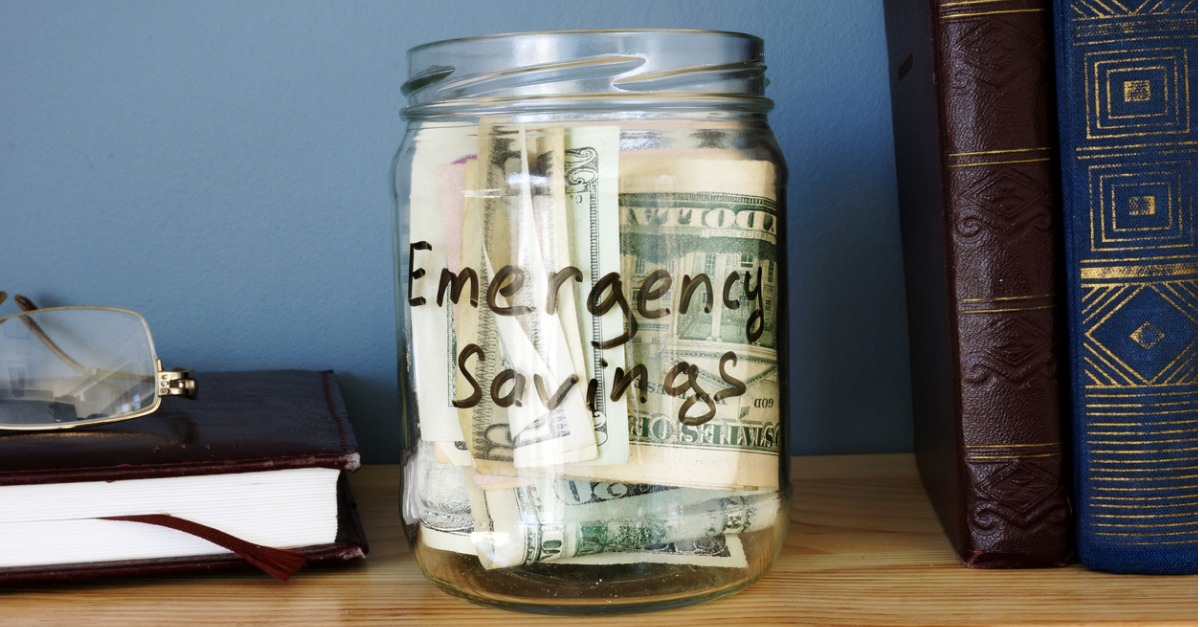How Much Money Should You Have in Your Emergency Fund?
Information is brought to you by

How Much Money Should You Have in Your Emergency Fund?
An illness, injury, broken appliance, car accident or job loss can occur at any time. Having enough savings to cover three to six months’ worth of expenses can help you avoid losing your home or going deep into debt to make ends meet.
Savings Strategies
It’s easy to set a vague savings goal, but you won’t build up an adequate emergency fund unless you make a consistent effort. Look at your income and expenses and set a savings goal that is both ambitious and realistic.
Some people have funds automatically transferred to a savings account each time they get paid, while others wait until the end of the month and transfer what they can. The problem with the second approach is that if you aren’t disciplined, you might overspend during the month, have nothing left to contribute to your emergency fund, promise yourself that you will save money next month, and repeat the cycle. Automatic transfers can help you stay committed to your savings goal.
Find Ways to Lower Costs
Housing and transportation are major expenses for most people. If you have a mortgage, see if you can refinance and lower your interest rate. If you rent, consider finding a roommate or moving to a cheaper place. If you spend a lot on gas, taking public transportation, carpooling, buying a more fuel-efficient vehicle, or moving closer to work could lower your costs.
Debt can make it tough to save. If you have student loans, consider refinancing. If your credit card balances or interest rates are high, look for a card with a favorable balance transfer offer.
People spend a lot of money for convenience. You could save by cooking at home more often and taking coffee and a lunch to work instead of eating out and going to a coffee shop.
Telephone and entertainment costs can get out of control if you aren’t careful. If your phone bill is high, see if you can switch to a cheaper individual plan or a family plan. You can also cut back on cable and go to movies and concerts less often.
Earn and Save Extra Money
If there isn’t much you can cut from your budget, increase your income. Look for a part-time job or odd jobs to earn some extra money. If you have any belongings you don’t use that are in good condition, sell them.
If you receive a tax refund, bonus or monetary gift, put it straight into your savings account. If you can normally get by without the extra money every month, then you won’t miss it, but it can make a big difference in the size of your emergency fund.
Start Saving Today
An emergency can happen at any time. Having money set aside can give you peace of mind and help you avoid a financial crisis. Even if you can’t save much at first, do what you can and make saving a habit so you can gradually build an emergency fund.

Comments
Post a Comment